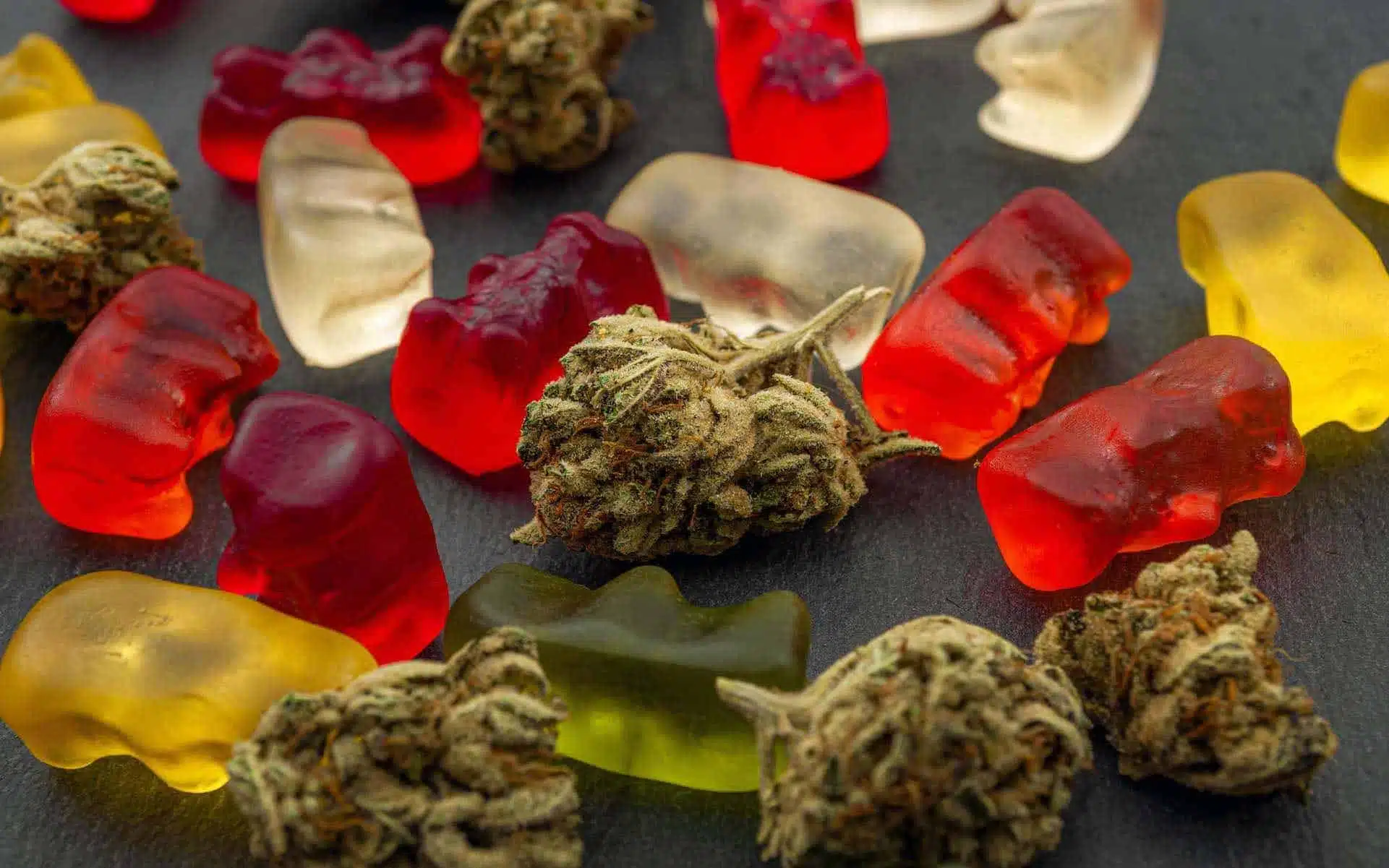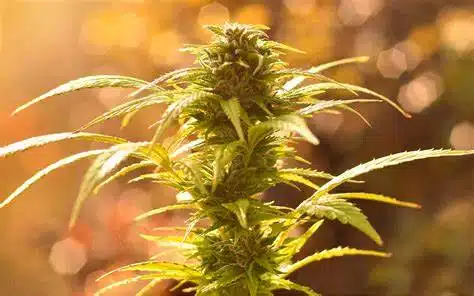Blog
How Weed Edibles Affect Stroke Risk

How Weed Edibles Affect Stroke Risk
If you’re a fan of edibles and also concerned about your stroke risk, you may be wondering how these two things intersect. While there is still much to be studied on this topic, there are a few key things we know about the relationship between weed edibles and stroke risk.
The Role of Cannabinoids in Stroke Prevention
Cannabinoids, the active compounds found in cannabis, have been shown to have neuroprotective properties. This means that they may help to prevent brain damage in the event of a stroke. Additionally, they have been shown to have anti-inflammatory properties, which could also help to reduce the risk of stroke.
The Impact of Edibles on Blood Pressure and Stroke Risk
One of the primary risk factors for stroke is high blood pressure. While smoking weed has been shown to increase blood pressure, edibles may not have the same effect. In fact, some studies have suggested that edibles may actually lower blood pressure. This could potentially lower the risk of stroke in individuals who consume edibles instead of smoking.
The Dangers of Mixing Edibles and Stroke Medications
If you are taking medications for stroke prevention or treatment, it’s important to be aware of potential interactions with weed edibles. Some medications may interact negatively with cannabinoids, which could lead to dangerous side effects. Always speak with your doctor before consuming edibles if you are taking medications for stroke.
The Impact of Edibles on Post-Stroke Cognitive Function
Cognitive function can be significantly impacted after a stroke. However, some research has suggested that cannabinoids may have a neuroprotective effect on cognitive function. In one study, THC was shown to improve cognitive function in rats after a stroke. While more research is needed in humans, this suggests that edibles may have potential benefits for stroke survivors.
The Potential Benefits of CBD for Stroke Prevention and Recovery
CBD, one of the most well-known cannabinoids, has been shown to have a variety of potential health benefits. In regards to stroke, it has been shown to have anti-inflammatory and neuroprotective properties. Additionally, some studies have suggested that it may help to prevent stroke by reducing blood pressure and improving cardiovascular health.
The Impact of Edibles on Recurrent Stroke Risk
After having a stroke, individuals are at increased risk of having another stroke. However, cannabinoids may help to reduce this risk. One study found that regular cannabis use was associated with a lower risk of recurrent stroke. While more research is needed, this suggests that edibles may have potential benefits for reducing recurrent stroke risk.
The Impact of Edibles on the Severity of Stroke Symptoms
The severity of stroke symptoms can vary widely from person to person. However, cannabinoids may have the potential to reduce the severity of symptoms. In one study, THC was shown to reduce the severity of stroke symptoms in rats. While more research is needed in humans, this suggests that edibles may have potential benefits for reducing stroke severity.
The Potential Benefits of THC for Stroke Recovery and Rehabilitation
In addition to its potential neuroprotective properties, THC may also have benefits for stroke recovery and rehabilitation. One study found that THC improved motor function in rats after a stroke. While more research is needed in humans, this suggests that edibles may have potential benefits for stroke recovery.
The Potential Benefits of Edibles for Pain Management After Stroke
Pain can be a significant issue after a stroke. However, cannabinoids may have potential benefits for pain management. In one study, THC was shown to reduce pain sensitivity in rats after a stroke. While more research is needed in humans, this suggests that edibles may have potential benefits for managing pain after a stroke.
The Impact of Edibles on the Risk of Hemorrhagic Stroke
While some research has suggested that cannabinoids may have potential benefits for reducing the risk of ischemic stroke (caused by a blood clot), the same cannot be said for hemorrhagic stroke (caused by bleeding in the brain). In fact, some studies have suggested that cannabinoids may increase the risk of hemorrhagic stroke in certain individuals. If you have a history of hemorrhagic stroke or are at increased risk, it’s important to speak with your doctor before consuming edibles.
The Importance of Safe Consumption Practices
Regardless of potential benefits, it’s important to consume edibles safely to minimize potential risks. Always start with a low dose and wait at least 2 hours before consuming more. Avoid consuming edibles if you have a history of heart or cardiovascular issues, as cannabinoids can increase heart rate and blood pressure. Additionally, never operate heavy machinery or drive while under the influence of edibles.
The Potential Benefits of Other Cannabinoids for Stroke Prevention and Recovery
While THC and CBD are the most well-known cannabinoids, there are many others that may have potential benefits for stroke prevention and recovery. For example, CBG has been shown to have anti-inflammatory and neuroprotective properties, while CBN has been shown to have potential benefits for sleep and pain management. As research on these cannabinoids continues, there may be even more potential benefits to discover.
The Impact of Edibles on Stroke Risk in Different Age Groups
Age is a significant risk factor for stroke, with older individuals being at higher risk. While more research is needed in this area, some studies have suggested that cannabinoids may have different impacts on stroke risk depending on age. For example, one study found that regular cannabis use was associated with a lower risk of stroke in individuals under 45, but a higher risk in individuals over 60.
The Impact of Edibles on Stroke Risk in Women
Women may also have different risks and benefits associated with edibles and stroke risk. For example, one study found that regular cannabis use was associated with a higher risk of stroke in women, but not in men. Additionally, women may be more susceptible to the psychoactive effects of THC, which could impact their ability to safely consume edibles.
The Impact of Edibles on Stroke Risk in Individuals with Cardiovascular Issues
Individuals with pre-existing cardiovascular issues may be at higher risk of stroke, and may also have different risks and benefits associated with edibles. Some research has suggested that cannabinoids may increase heart rate and blood pressure, which could be dangerous for individuals with heart issues. Additionally, some medications used to treat cardiovascular issues may interact negatively with cannabinoids.
Conclusion
If you are interested in buying weed online and THC products, check out West Coast Releaf online weed dispensary and shop for your weed online and cannabis products at westcoastreleaf.co!












